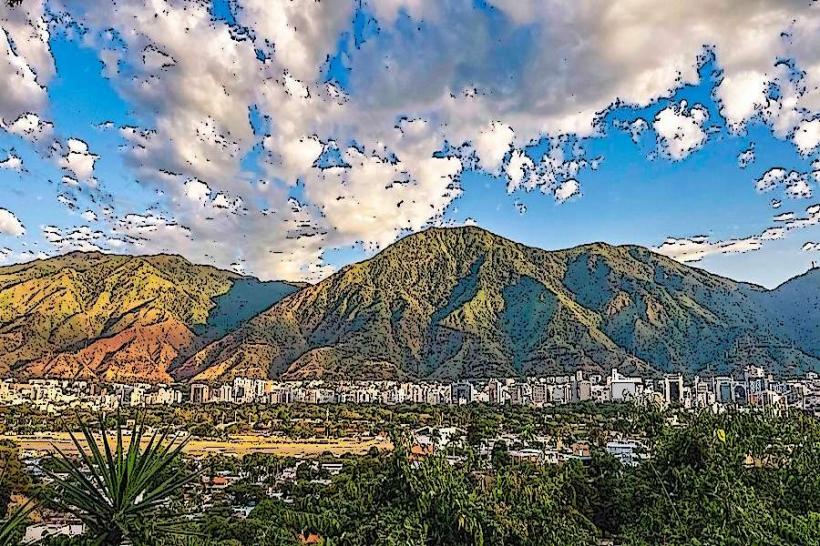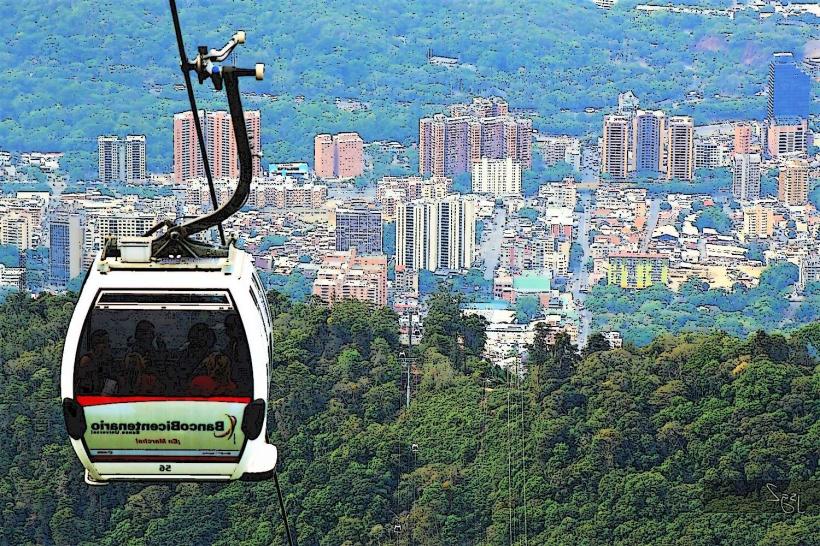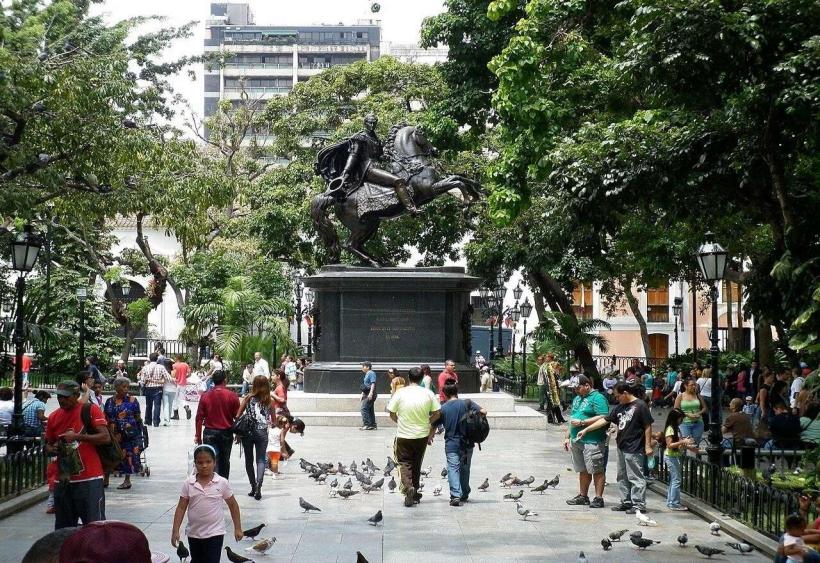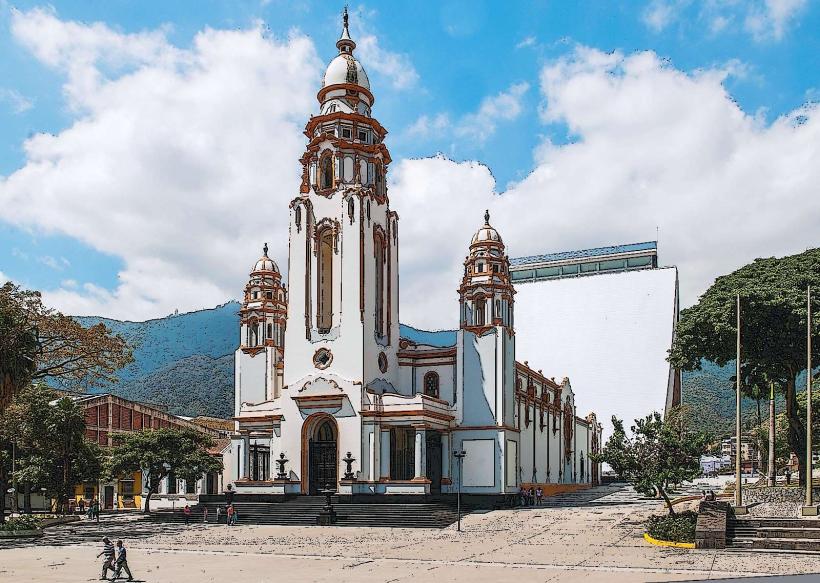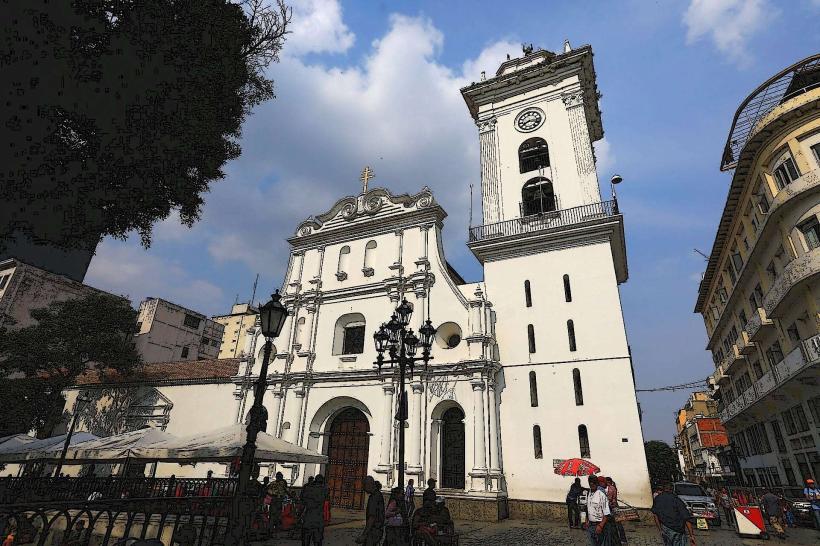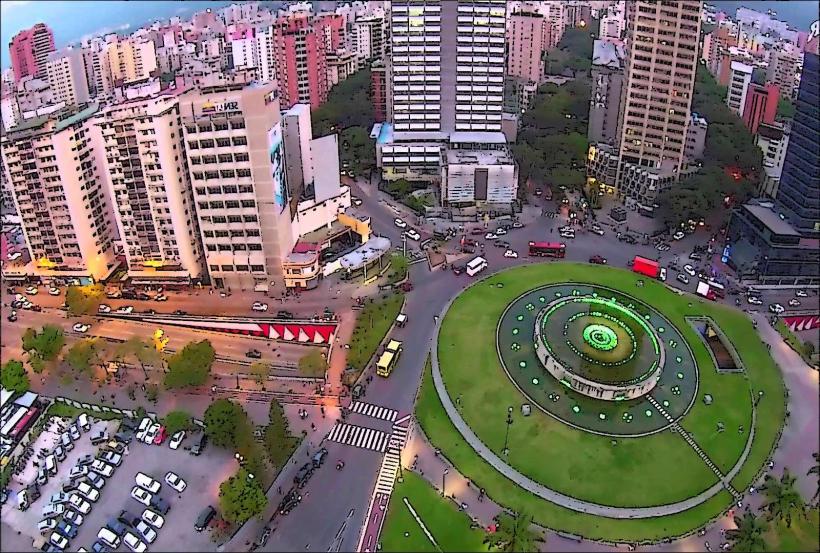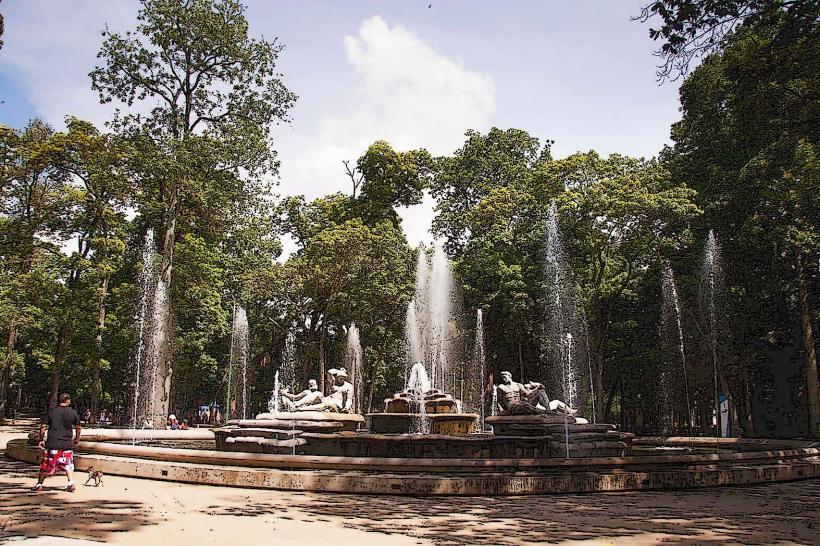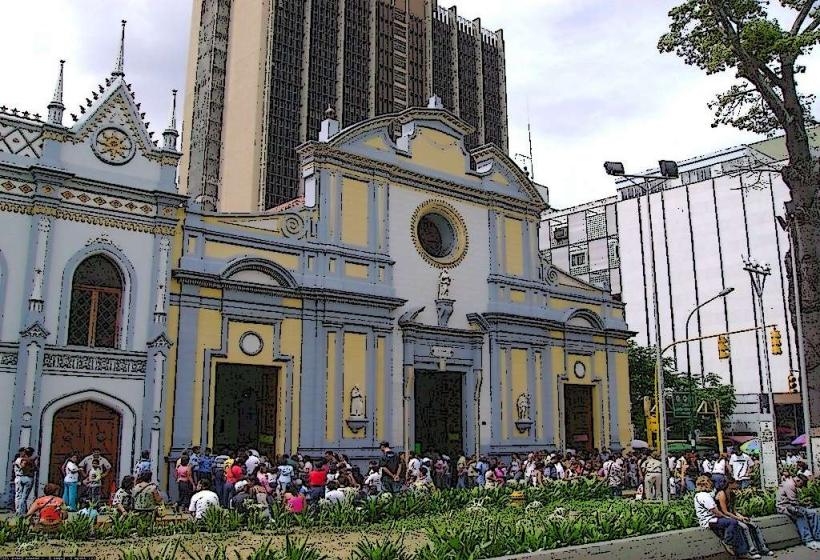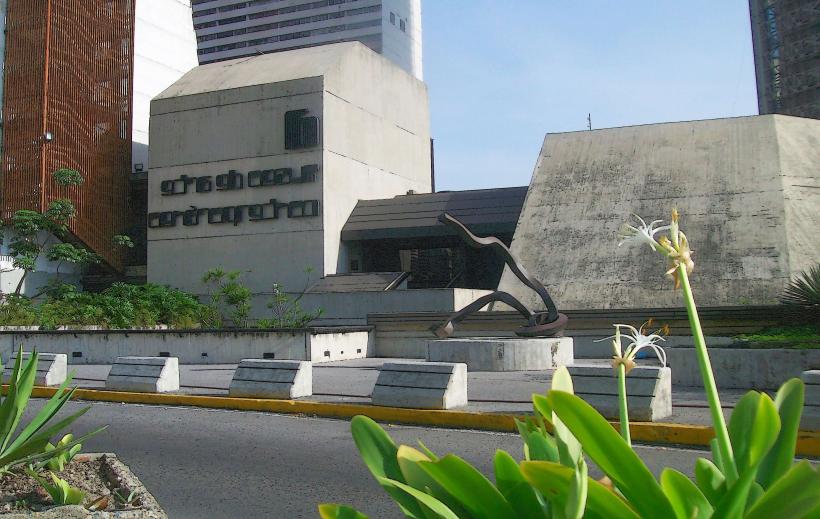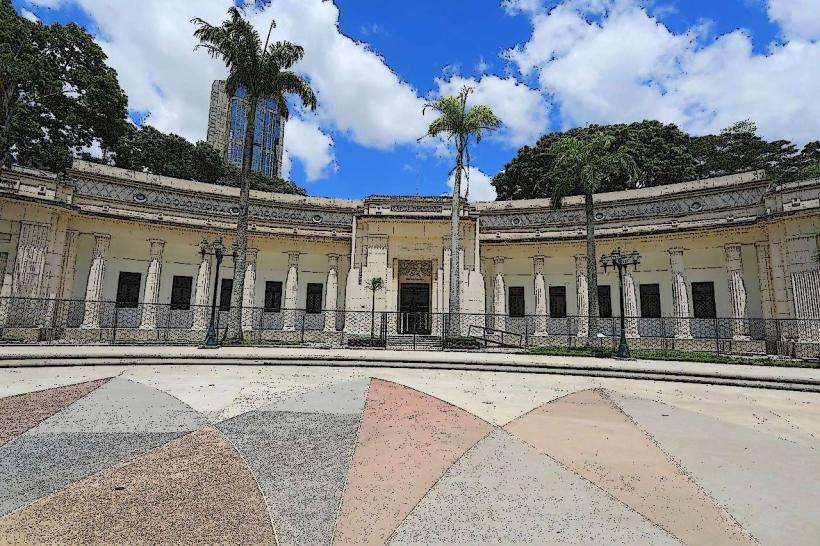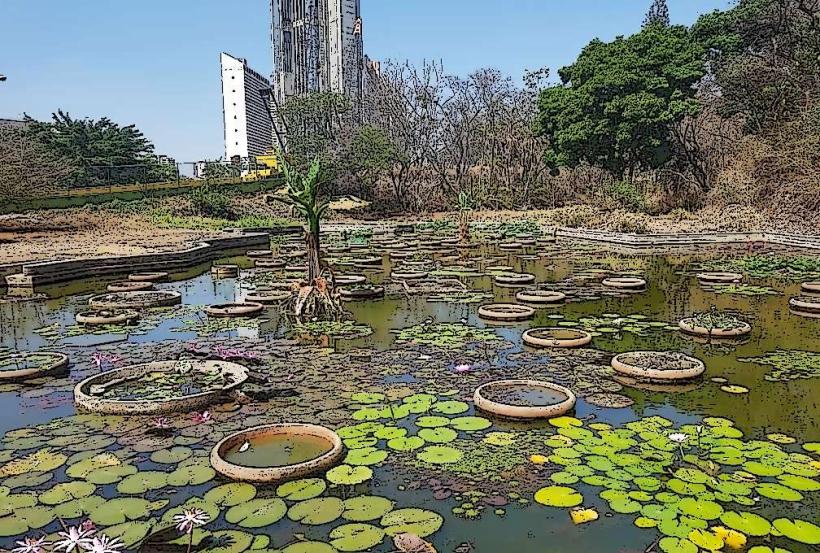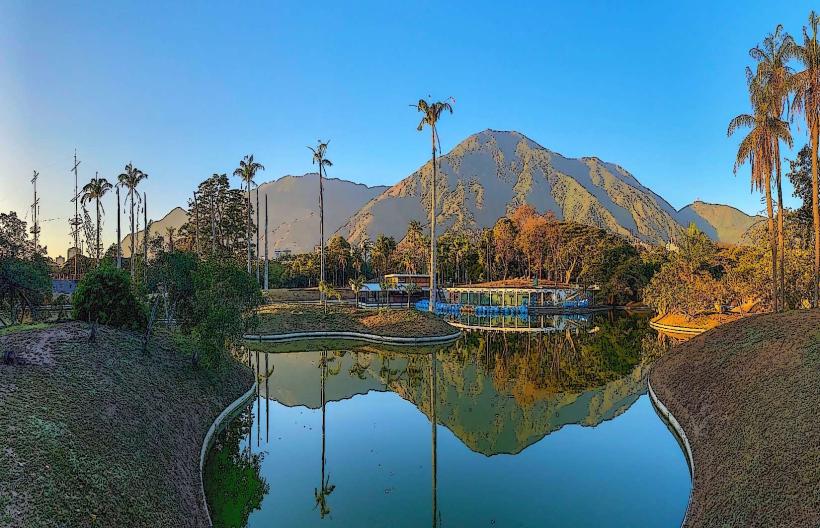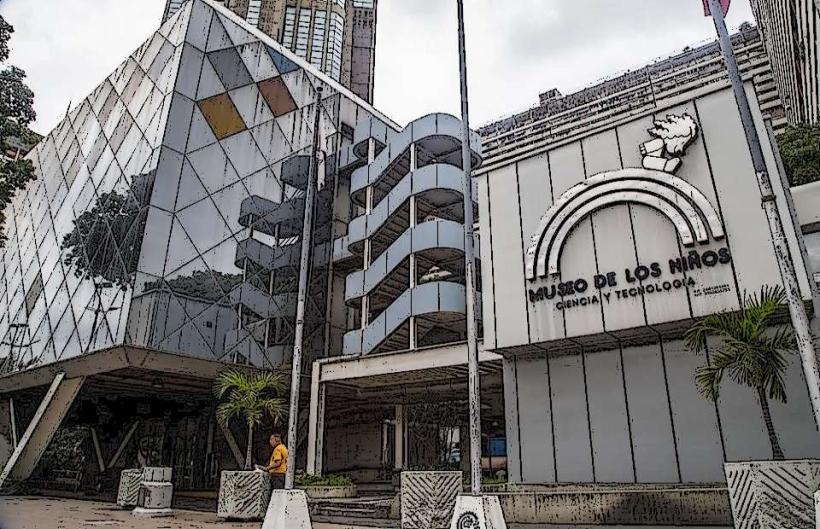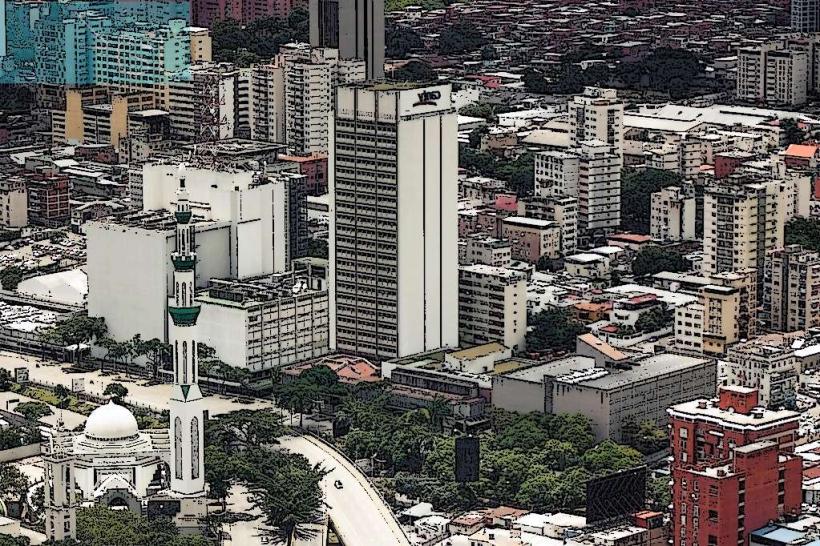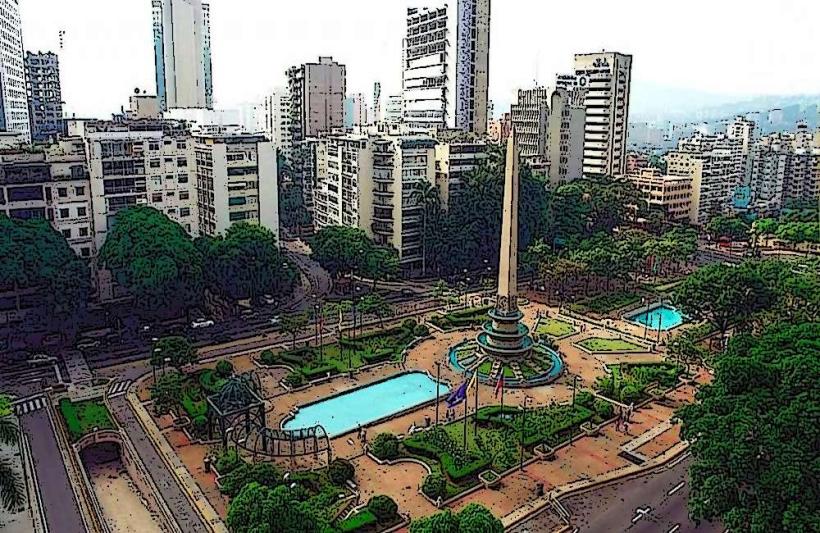Information
Landmark: Museo de Bellas ArtesCity: Caracas
Country: Venezuela
Continent: South America
Museo de Bellas Artes, Caracas, Venezuela, South America
Museo de Bellas Artes de Caracas (MBA)
The Museo de Bellas Artes de Caracas (MBA) is one of Venezuela’s most prestigious art museums and an important cultural institution. Located in Los Caobos Park, Caracas, this museum houses one of the most extensive collections of fine arts in the country, featuring European, Latin American, and Venezuelan artworks. It is renowned for its architectural beauty, diverse exhibitions, and role in preserving the nation’s artistic heritage.
History of the Museum
Foundation and Early Years
- The museum was founded on February 20, 1917, making it one of the oldest art museums in Venezuela.
- It was originally part of the Palacio de las Academias, where it shared space with other cultural institutions.
- In 1938, under the presidency of Eleazar López Contreras, the museum was moved to a new building in Los Caobos Park, designed by Carlos Raúl Villanueva, one of Venezuela’s greatest architects.
Expansion and Modernization
- In 1976, the museum was relocated to a larger, modernist building next to its original neoclassical structure.
- The museum continued to expand, adding new exhibition halls, conservation facilities, and a library.
Today, the Museo de Bellas Artes is managed by the Fundación Museos Nacionales and remains a key institution for visual arts in Venezuela.
Architecture of the Museum
The museum consists of two distinct buildings:
1. Neoclassical Building (1938)
- Designed by Carlos Raúl Villanueva, this structure features Greek and Roman-inspired columns, symmetrical facades, and elegant courtyards.
- Originally housed the museum's permanent collections.
2. Modernist Building (1976)
- Designed in a brutalist style, with concrete walls, geometric shapes, and large open spaces.
- Created to accommodate temporary exhibitions and contemporary art collections.
Both buildings are connected, creating a harmonious blend of classical and modern architecture.
Collections and Exhibitions
The museum’s permanent collection is divided into several thematic areas, covering a wide range of artistic styles and time periods.
1. European Art Collection
- Features works from the Renaissance to the 19th century.
- Includes pieces by Spanish, Italian, French, and Dutch artists.
- Notable artists: Francisco de Goya, Eugène Boudin, and Giovanni Battista Piranesi.
2. Latin American and Venezuelan Art
- A major focus of the museum, highlighting works from colonial times to modern Venezuelan art.
- Notable Venezuelan artists: Arturo Michelena, Cristóbal Rojas, Armando Reverón, and Jesús Soto.
- Includes paintings, sculptures, and pre-Columbian artifacts.
3. Contemporary Art and Modernism
- Features abstract, kinetic, and conceptual art.
- Highlights the works of Carlos Cruz-Diez, Alejandro Otero, and Gego, pioneers of Venezuelan kinetic art.
4. Egyptian Art Collection
- One of the most unique collections in Latin America.
- Includes ancient Egyptian artifacts, sculptures, and sarcophagi donated in the early 20th century.
Cultural and Educational Role
Beyond exhibitions, the Museo de Bellas Artes is an active center for art education and cultural promotion.
- Hosts art workshops, lectures, and guided tours for students and visitors.
- Collaborates with international museums to bring world-class exhibitions to Caracas.
- Serves as a research hub for Venezuelan and Latin American art history.
The museum also plays a key role in preserving and restoring artworks, ensuring the protection of Venezuela’s artistic heritage for future generations.
Location and Visitor Information
- Address: Los Caobos Park, Caracas, Venezuela.
- Nearby Attractions: Parque Los Caobos, Museo de Ciencias, Teresa Carreño Theater.
- Opening Hours: Usually open from Tuesday to Sunday, with free or low-cost entry.
Final Thoughts
The Museo de Bellas Artes de Caracas is a must-visit destination for anyone interested in art, history, and culture. With its impressive collections, stunning architecture, and dedication to Venezuelan and global art, the MBA stands as one of the most significant cultural institutions in Latin America.

